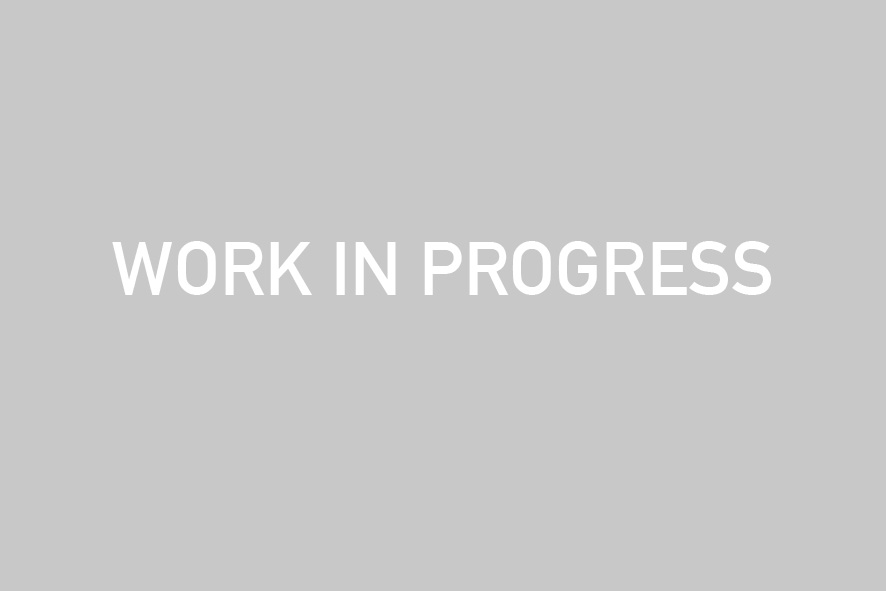Public ethics, health and democracy -
Towards health equity
This is the thesis of the Master 1 - Ethics, science, health and society. Louis started out with a campaign to prevent HIV and other sexually transmitted diseases, particularly among the homosexual population. This campaign was created by the “Australie” agency, on behalf of Santé Publique France and won the “Prix Empreinte” 2017.
The work on this campaign and the reflection that followed made it possible to address many subjects in an attempt to answer the central question: how to make prevention campaigns in public health legitimate in a pluralistic society?
Public health has undergone a major transformation as a result of the HIV epidemic. This "political epidemic" has shook up medicine by introducing the notion of "health democracy" with the appearance of patients in decision-making processes. Contemporary public health has emerged and had to rethink its power to act. It gives way from "biopower" to "bio legitimacy": preferring to consider the rights and desires of recognition of "hyper individuals" rather than coerce. In addition, health culture and the importance of new health problems have given rise to the concept of a "health contract". Contract between citizens, but also between health professionals and public health authorities. The latter must consider the rights of individuals, respect for their autonomy, follow a codified approach and ensure that "fair procedures" are respected in the development of their missions within a fair framework.
Pluralistic society must be persuaded to accept these measures by explaining the collective nature of promoting equal dignity. Exposing the willingness of public health to fight inequality is a good answer to the detractors of campaigns. Health appears as a common good, a public good that must be preserved and a legitimate angle of attack to fight against "socioparesis". Public health institutions must behave like "learning organizations": institutions that work to break down the barriers that prevent them from using the latest scientific advances while training their members in them. They must be uncompromising about the quality of their work.
Thus public health institutions will be perfectly legitimate, creating a tacit subjective and consensual agreement based on ethical, political, societal, anthropological and epistemic criteria as to the existential validity of their actions. Society will have agreed to give them the authority they deserve.




Public health, information society and self-ownership -
The question of vaccination
This is the thesis of the Master 2 - Ethics, science, health and society
WORK IN PROGRESS
